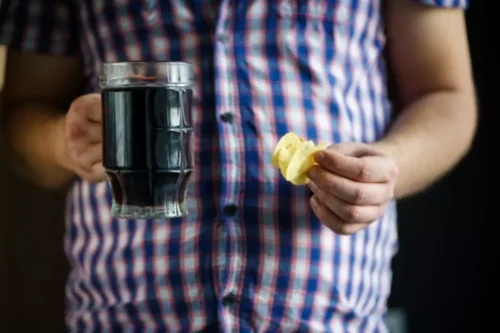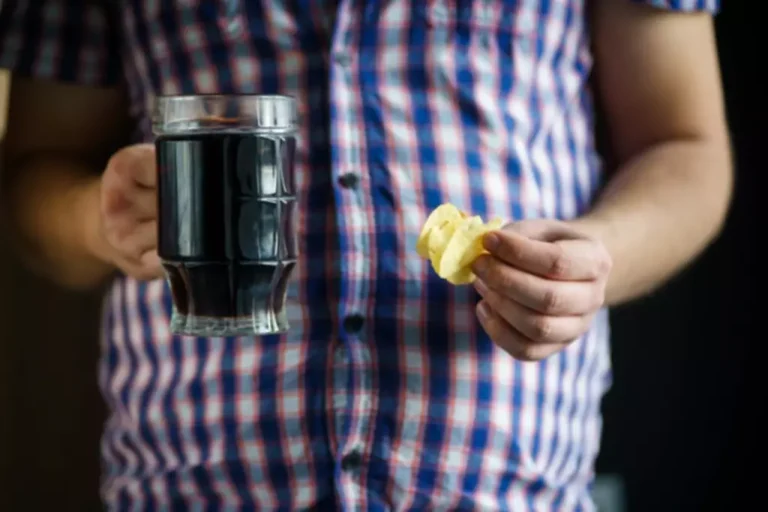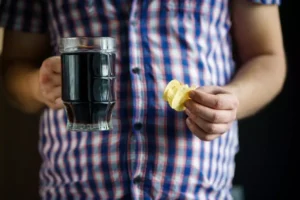- Your cart is empty
- Continue Shopping
Myths about drinking alcohol Information New York

Professional medical staff can assist in the difficult process of withdrawal, making the transition into sobriety less daunting. Experiencing frequent hangovers or finding yourself more intoxicated than you intended can be a sign that you’re suffering from alcohol use disorder. But understanding what makes someone addicted to alcohol can be the first step in helping a person seek treatment. Ultimately, the best way to avoid a hangover is to drink in moderation, stay hydrated, and understand one’s personal limits when it comes to alcohol consumption. Left unchecked, these myths about alcoholism myths can cause people to make poor choices, which ultimately affect their health. Belief in some of these myths may even play a role in the development of alcohol use disorder in some cases.

If You Drink Alcohol In Moderation, It Is Useful To You

While there is a kernel of truth in the idea that food can influence the absorption of alcohol, it’s essential to recognize that it does not grant immunity from the effects of alcohol. Furthermore, combining caffeine and alcohol can lead to poor decisions due to the contrasting effects of the substances on the nervous system. It’s crucial to understand that sobriety cannot be rushed and that the body requires time to process and eliminate alcohol. The only true remedy for intoxication is time, as the liver works to metabolize the alcohol at its own pace. This misunderstanding may encourage individuals to engage in risky behaviors, such as driving or operating machinery, under the incorrect assumption that they are no longer impaired.
#5: I Can Sober Up With a Cup of Coffee
- Often, this leads to more drinking or to sedative abuse in the quest for sleep.
- Belief in some of these myths may even play a role in the development of alcohol use disorder in some cases.
- Depending on how bad their alcohol abuse has been or if medically-assisted alcohol detox will be needed for withdrawal symptoms, entering into a treatment center may be a necessary option.
- It is the total quantity of alcohol consumed, not combined, that influences intoxication and sickness.
Alcohol causes our brain to be sedated, like when getting anesthesia for a surgery, however, it does not promote the sleep patterns that are necessary for regeneration and growth. Excessive alcohol consumption is actually one of the more common causes of insomnia. Also, not many people realize that it can be extremely dangerous to take acetaminophen while having even just a few drinks, according to American Addictions Centers. If you’re at the puking point, there’s likely already too much alcohol in your body’s system to escape a hangover the next day.
Myth #6: Drinking Isn’t a Problem Unless It’s Every Day
Switching to hard liquor after a few beers can make the feeling come on too fast, usually resulting in vomit (or so the myth goes). In fact, alcohol can make sleep worse and menopausal symptoms like hot flashes and night sweats more pronounced. Consuming alcohol during menopause can also increase the risk of heart disease and osteoporosis, says Dr. Jewel M. Kling, M.D., M.P.H., a physician with Mayo Clinic Women’s Health in Arizona. Those who maintain that they can hold their liquor, meaning that they can drink larger amounts with fewer apparent effects, may drink in excess to feel intoxicated. A higher tolerance for alcohol does not mean the body is impervious to the effect of alcohol; it means that drinkers should be more cautious. In the United States, one alcoholic or “standard” drink contains the same amount of alcohol—roughly 14 grams.
- For decades, studies indicate more young folks aren’t drinking or waiting for their first drink.
- We can’t then get frustrated with those people because we built out a cultural norm around it,” he says.
- Similarly, the physical volume of different alcoholic beverages may vary, but the actual alcohol content determines the effect on the body, regardless of whether they are mixed or taken separately.
- This is an easy assumption to make if you’re observing the often less-than-wise behavior that can result from knocking back a few too many.

More than half of American adults say they’ve consumed alcohol in the past month, and 22% report binge drinking within the past month. As shift workers, we face unique challenges when it comes to managing stress, sleep, and health. Alcohol might seem like an easy solution, but it often makes things worse. The next time you consider reaching for a drink, think about whether it’s truly helping—or if it’s holding you back from thriving both at work and in life.
Myth #2: Alcohol helps you sleep.

Because limits are the first to go once you drink, you could appear as though you are in a fantastic attitude and the life of the party while you experience the opposite. The following is the chain of occurrences that result in a decline in internal body temperature that is triggered by the immediate effect of alcohol. Blood vessels open out on the outside of the skin, paving the way for increased exposure to the surroundings that, in development, cool the blood.
- In truth, any amount of binge drinking (drinking to get drunk) is a threat to your safety and health.
- Since consuming alcohol is such an accepted (and sometimes even encouraged!) habit, it’s no surprise that there are prevalent myths and misconceptions about the health of this substance.
- The primary factor in intoxication is the amount of alcohol consumed, not the variety.
- When you find the right tools and support for you, it’s possible to recover from alcohol use disorder.
- Discover the truth behind common drinking myths and how they might affect your night out.

